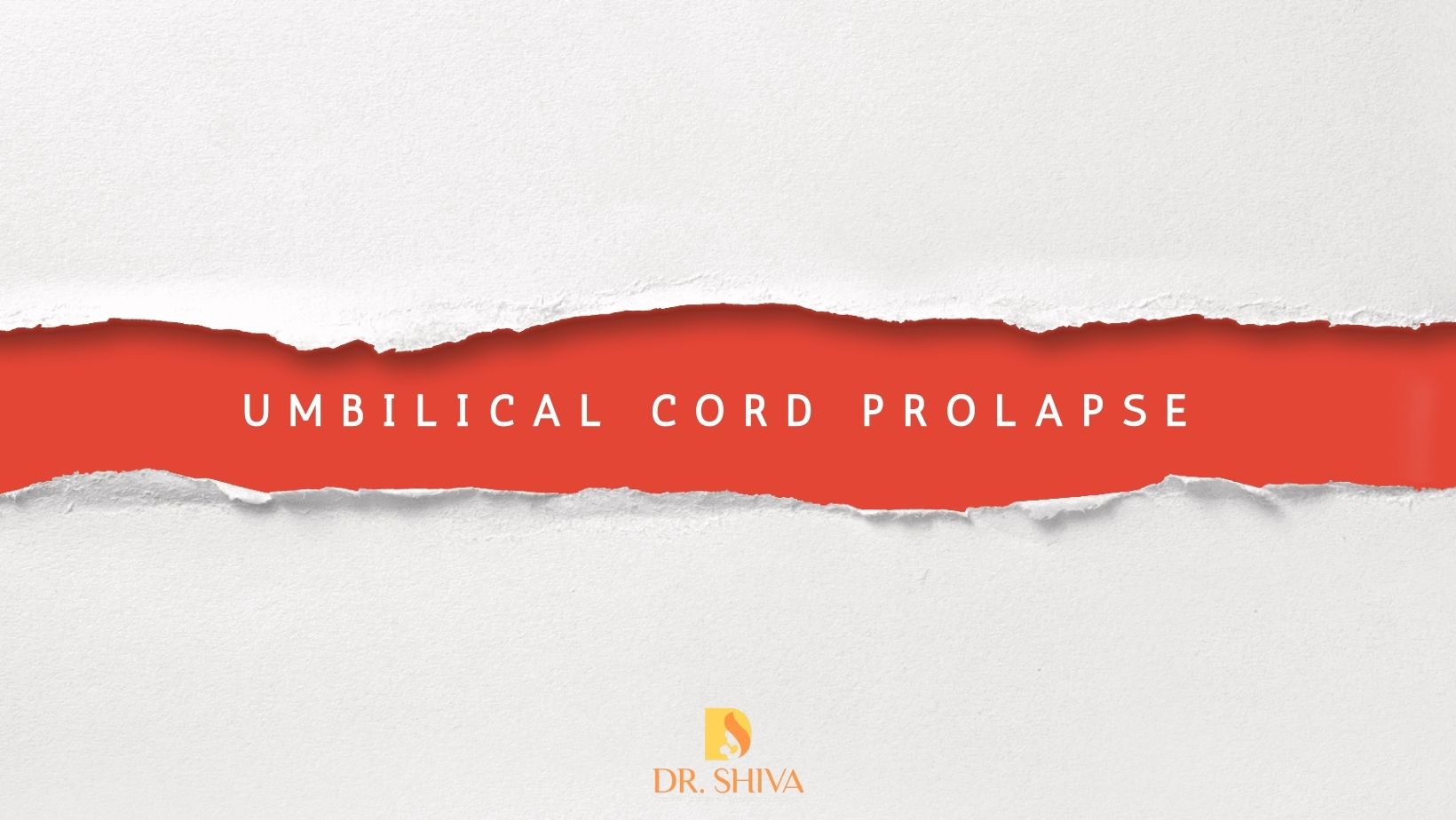
It is the umbilical cord that connects the baby to the placenta and supplies nutrients and oxygen to the baby. When this umbilical cord drops alongside(occult) or past the baby(overt) down the vagina before the baby has entered the birth canal for delivery, it is known as Umbilical Cord Prolapse. This may happen before or during delivery. In such a situation the prolapsed cord can get compressed between the baby’s body and pelvic bones resulting in the cutting off the oxygen supply to the baby which can cause stillbirth or other complications to the baby. Umbilical cord prolapse is usually not common but if it happens it will be an obstetric emergency.
Causes for umbilical cord prolapse
- Preterm birth
- Multiple gestation pregnancy (twins or more)
- Breech position
- Excessive amniotic fluid surrounding the baby(polyhydramnios)
- Preterm rupture of membranes, i.e. the water breaks before 37 weeks.
Diagnosis
- The prolapsed cord can be seen during the medical examination.
- The baby has an abnormal fetal heartbeat because the cord is stretched restricting the flow of blood to the baby.
- It is likely you may feel the cord in your vagina
Umbilical cord prolapse management
In most cases, it requires immediate delivery of the baby, usually by c sec. Depending on the circumstance, vaginal delivery may also be considered. If at home, you will have to call emergency services as soon as possible. During the waiting period for delivery of the baby, the following steps may be taken
-you will be suggested to be in the knee to chest position to relieve the pressure on the cord. You will be asked to kneel with your face, knees, and chest touching the floor, with your hips raised.
-Someone from the team may insert two fingers using a gloved hand and apply upward pressure on the baby to help relieve pressure on the cord.
-the bladder may be filled with saline which can cause displacement of the uterus, hence reducing pressure on the cord.
The sooner the baby is delivered less risky it will be for the baby. However, longer the time it takes to diagnose and treat the issue, greater are the chances of complications to the baby, sometimes even leading to brain damage or death.
Umbilical prolapse can neither be prevented or predicted. But if the doctor has identified any chance for it to occur, especially after PROM, they will suggest getting admitted to the hospital.
For more details kindly contact us.

